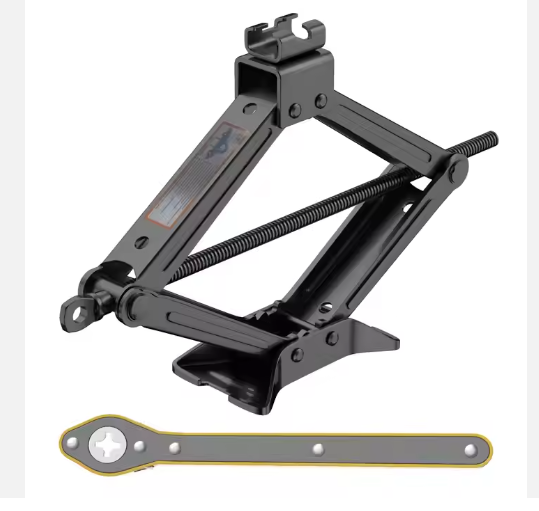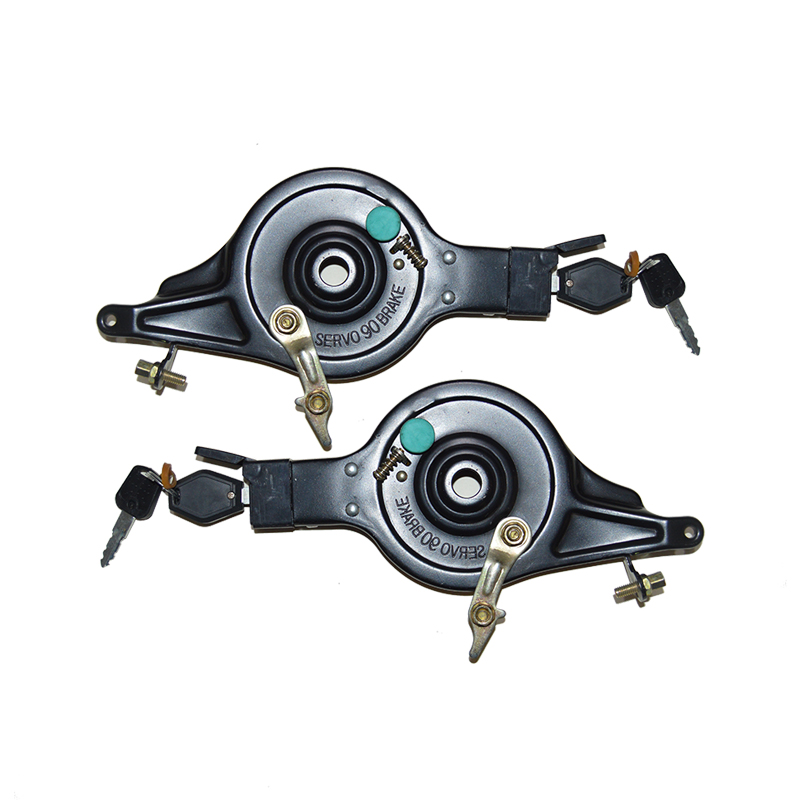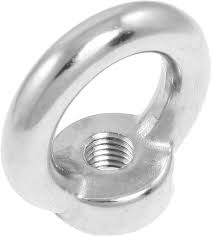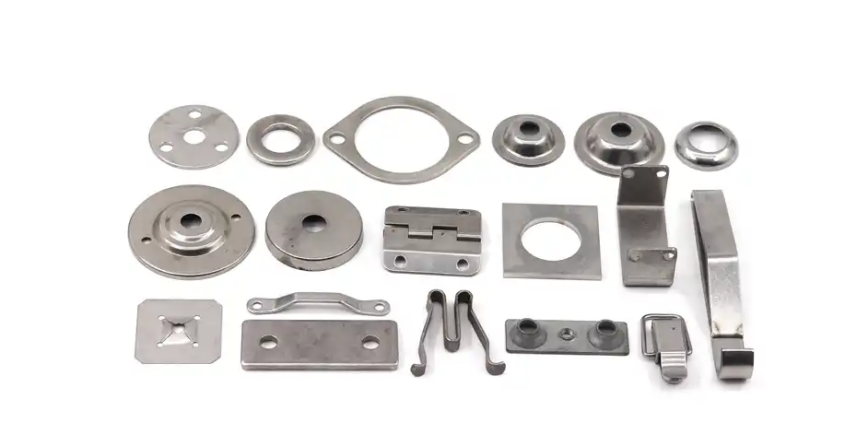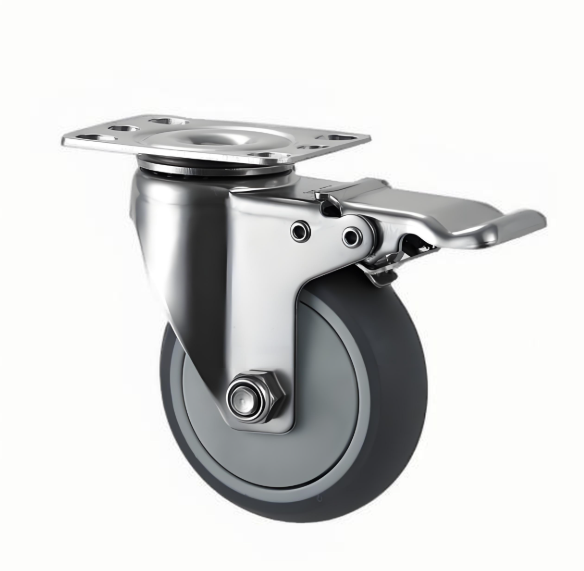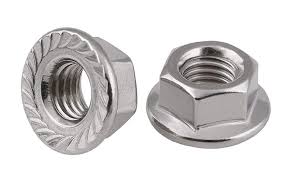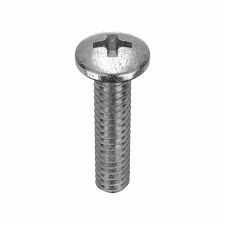

This comprehensive guide explores the world of screw rods, covering their types, applications, materials, and selection criteria. We'll delve into the key factors to consider when choosing a screw rod for your specific project, ensuring you select the optimal solution for strength, durability, and performance. Learn how to avoid common pitfalls and make informed decisions about your screw rod needs.
Threaded rods, also known as screw rods or stud bolts, are long, cylindrical fasteners with external threads along their entire length. They are commonly used for connecting components, providing tension, and creating mechanical advantage. Different materials, such as stainless steel, carbon steel, and brass, offer varying strength and corrosion resistance. The choice depends heavily on the application's environmental conditions and required load capacity. For high-strength applications, consider choosing from the extensive inventory at Hebei Dewell Metal Products Co., LTD, a leading supplier of high-quality fasteners. You can find their selection at https://www.deweLLfastener.com/.
Acme screw rods feature a trapezoidal thread profile, providing greater efficiency and load-bearing capacity compared to standard threads. They are frequently used in applications requiring precise linear motion, such as linear actuators and machine tools. The self-locking properties of Acme threads are crucial in preventing back-driving under load. Consider factors such as lead (the distance the nut travels per revolution) and thread pitch when selecting an Acme screw rod.
Ball screw rods utilize recirculating balls to achieve smoother, more efficient linear motion. They are known for their high precision, reduced friction, and increased efficiency compared to Acme or threaded rods. This makes them ideal for applications demanding high speeds and accuracy, such as robotics and CNC machining. They are typically more expensive than threaded rods and Acme screw rods but offer significant advantages in specific applications.
The material of your screw rod significantly impacts its strength, durability, and resistance to corrosion. Common materials include:
Selecting the appropriate screw rod requires careful consideration of several factors:
| Factor | Considerations |
|---|---|
| Load Capacity | Determine the maximum load the screw rod will need to withstand. Consult manufacturer specifications for safe working loads. |
| Thread Type | Select the appropriate thread type (e.g., metric, UNC, UNF) based on the application and available nuts and accessories. |
| Length | Ensure the screw rod is long enough to accommodate the application, including any necessary adjustments or tolerances. |
| Material | Choose a material that meets the required strength, corrosion resistance, and cost criteria. |
| Diameter | The diameter is crucial for load-bearing capacity and stiffness. Larger diameter generally translates to higher strength. |
Selecting the correct screw rod is crucial for the success of any project. By carefully considering the factors outlined above, including the type, material, load capacity, and thread specifications, you can ensure that you choose the ideal screw rod for your application. Remember to consult with manufacturers like Hebei Dewell Metal Products Co., LTD, for high-quality screw rods and expert advice. Visit https://www.deweLLfastener.com/ to explore their comprehensive selection.

